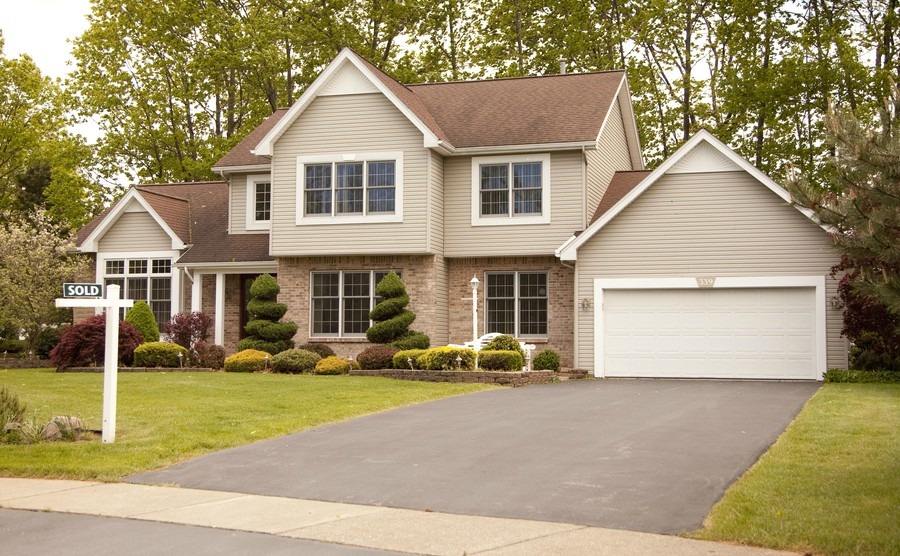Should you rent or buy when you move abroad? Here are five questions to ask to determine which scenario is better for you.Should you rent or buy when you move abroad? Here are five questions to ask to determine which scenario is better for you.
If you’ve decided to move abroad you have probably contemplated if you will buy or let a place upon your arrival. There are many personal circumstances and market conditions that dictate whether it’s a better idea to rent or buy. Here is a series of questions you can ask yourself to determine what the ideal scenario is for you.
The price to rent ratio is one measure that can determine if it’s better to buy or rent in any given market.
1. Can I afford to buy what I want?
If you’ve decided on a location, a look at the property market will quickly answer the question, “Can I afford to live here?” Have a look at average sales prices in the area you want to live, figure out what type of deposit you have to put into the home, and work out what your monthly mortgage payments will be. Does it make sense for your current financial situation? If you are paying cash for a property you will want to decipher if buying in your new location is the best investment compared to investing in other spots which may yield greater returns. This all depends on your purchasing intent, whether looking to buy and hold, or make a quick return.
2. Is the market in favour of buying or renting?
In some locations it makes more sense to buy than rent. The price-to-rent ratio is one measure that can determine if it’s better to buy or rent in any given market. This ratio takes the price of a property divided by its annual rent. Ratios between 10-13% indicate it is better to buy, while ratios above 18% indicate it’s better to rent. Anywhere in between is up to the discretion of the buyer. For example, a holiday home in Spain may cost €250,000 while the annual rent is €25,000 this would mean the ratio would be 10%, indicating a good buy.

Do your research before you buy overseas.
3. How long will I be there for?
The duration of your time abroad will help decide if it is better to buy or rent. If you plan on residing in your new location long term then the risks associated with buying, such as the decline of a market, will be mitigated as property values always go up in the long term. Short- and medium-term investments are harder to predict. If you plan on staying for a short period, make sure to understand the market conditions so you don’t get stuck purchasing a property that costs you in the long run. In uncertain market conditions, renting is a better short-term strategy.
Whether buying or renting, speak to a currency specialist to determine how to get the most local currency for your pounds.
4. What are my financial goals?
What are your financial goals in your new destination? If you plan to buy, are you looking to buy a cash-flow positive investment, increase equity while paying down a mortgage or reap the tax benefits of property ownership? Alternatively, your financial goals may involve investing in other assets aside from property or increasing your savings, while renting instead. Determine what your financial goals are while living in another country, and then decide if they will be better met by buying or renting.
Do your research before you move to determine if you will be affected by any non-resident property ownership laws.
5. Am I allowed to buy?
There are many markets which restrict or limit non-resident property ownership. Do your research before you move to determine if you will be affected by any of these laws. In Australia, for example, non-residents are limited to buying new construction only. In some parts of Canada there is an additional tax of 15% on foreign buyers. Know what your residency status will be and find out if there are any rules or regulations that will impact purchasing property in your new location.

